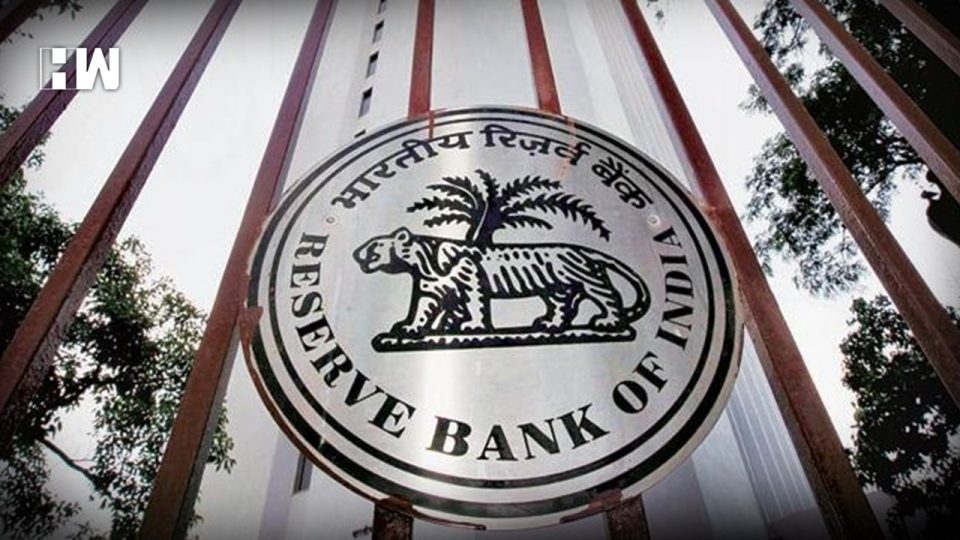According to the central bank’s response though, three companies belonging to fugitive diamantaire Mehul Choksi are amongst the 30 major wilful defaulters
NEW DELHI| After the wait of four years, ordered by the Supreme Court for the first time RBI has unfolded the list of the 30 major wilful defaulters. The development came after the news publication The Wire in May 2019 filed an application under RTI act ask to disclose the names. From the past ten years, RBI constantly denied the RTI applications form the applicants stating it would be against the economic interests of the country and its ‘fiduciary relationship’ with the banks disallows it from doing so.
While the central bank has been reluctant to release this data, individual banks and lenders have always generated information on wilful defaulters in the form of suits filed for recovery of their dues. This data has, over the years, been collated by TransUnion Cibil.
According to the central bank’s response though, three companies belonging to fugitive diamantaire Mehul Choksi are amongst the 30 major wilful defaulters that the Indian banking system is currently grappling with. Total funded advances outstanding to these 30 companies along with the amount the banks have written off so far adds up to over Rs 50,000 crore. The data provided by the TransUnion Cibil states till December 2018, over 11,000 companies had willfully defaulted on amounts worth over Rs 1.61 lakh crore.
The data released by the RTI of wilful defaulter comes from a large centralized banking system database called ‘CRIL’ the Central Repository of Information on Large Credits. This is a pool of data on the credit information of all borrowers who have an exposure of Rs 5 crore and above. The CRILC has played a key role in the last three years as a data-sharing mechanism between banks as well, to identify errant borrowers and to ensure they don’t try to cheat the system.
From February 2019, banks have had the option in CRILC to categorize whether a borrower is a wilful defaulter or not.
The RBI shows the borrower as a ‘wilful defaulter’ even if the company has a capacity to pay the repayment obligations but choose not to. While a ‘wilful default’ tag does not necessarily imply wrongdoing on the part of the promoters, the classification is also used while referring to loan fraud cases, where the borrower has diverted the loan for purposes other than those initially stated.
As an independent media platform, we do not take advertisements from governments and corporate houses. It is you, our readers, who have supported us on our journey to do honest and unbiased journalism. Please contribute, so that we can continue to do the same in future.

